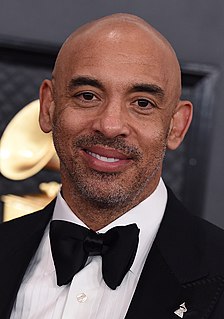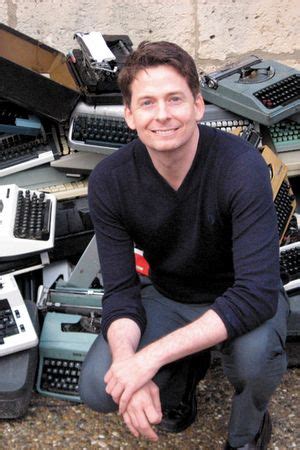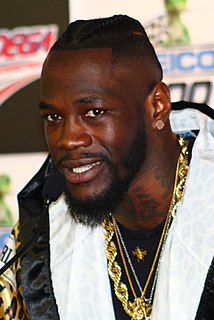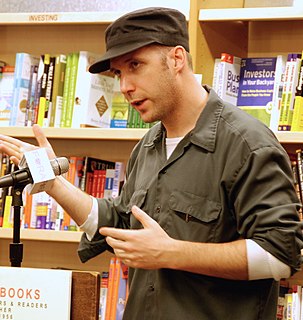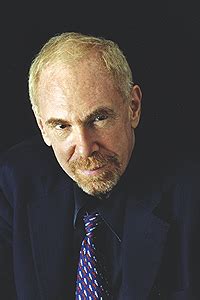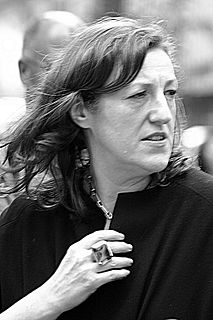A Quote by Ira Glass
Writing is just very difficult. I'm an adequate performer. And I think I have a special talent as an editor. Editing is what I do best.
Related Quotes
Sometimes the most difficult thing you can do as an editor is not make a single note - the idea that everything and everyone needs editing is, in reality, a fiction. I've gotten pieces where I thought, Well, I could do this or that, or change this word, but in the end, I leave it. Changing something is not necessarily equivalent to making the piece more true to itself, which is the point of editing: it's just changing it because you feel you can or should or must.
I have a great editor and I enjoy, in a masochistic way, being ruthless about my own performance. How do I know, but I think I'm quite good at saying, "That's no good. That's no good. That's it. That's it. That's good." And I'm with the editor who goes, "No, I think you're wrong. That's not your best." There's an initial point in the editing, if you're directing yourself, especially in my case, where you go, "Ouch, ouch, ouch, I can't watch this." And then, there's a point where you become hard-nosed and just take your neurosis away and go, "What's working? That's okay. That's okay. We can lose that, and lose that." You get objective about it.
I don't have to build up strength; I have been blessed with it. I do lift weights and train hard, but I am a very special individual - a very special man with very special talent and very special power. I can get any man - any man - out of there in a matter of seconds. That is the thing I love about myself.
I'm a writer, not an editor, and though the editing rarely cut into my writing time, it did take away from that walking-around-thinking-about-it-when-you're-not-thinking-about-it time that I think is important for writers. When you're half-thinking about what you're working on while driving, cooking . . . just letting things sift and settle, come to you.
In live-action, writing, production, and editing happen in discrete stages. In animation, they overlap - happening simultaneously. This allows a real dialogue to occur between the writer, the director, the actors, and the editor, and it makes the writing process a lot more collaborative and a lot less lonely.
In live-action, writing, production and editing happen in discrete stages. In animation, they overlap - happening simultaneously. This allows a real dialogue to occur between the writer, the director, the actors and the editor, and it makes the writing process a lot more collaborative and a lot less lonely.
All three parts of filmmaking [writing, shooting, editing] contribute to rhytm. You want the script to be a tight as possible, you want the acting to be as efficient as possible on the set, and you have enough coverage to manipulate the rhythm in the editing room, and then in the editing room you want to find the quickest possible version, even if it's a leisurely paced film. I definitely in filmmaking more and more find writing and directing a means to harvest material for editing. It's all about editing.
As with editing, I think my strength as a writer is structure. It's not a skill that's much discussed when we discuss fiction, or not as much as language or character development anyway, but it's the first thing I determine before I begin writing - not just books, but anything. I think I know how to pace a narrative well. I think I'm aware of repetition, that I try to create different kinds of sentences as often as I can. Those are all things I learned from magazine editing.




